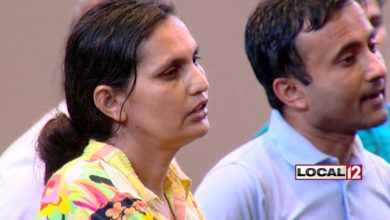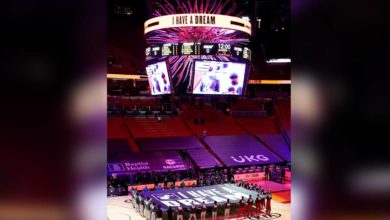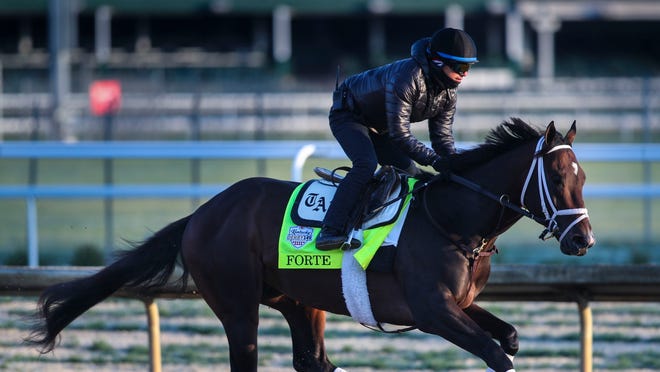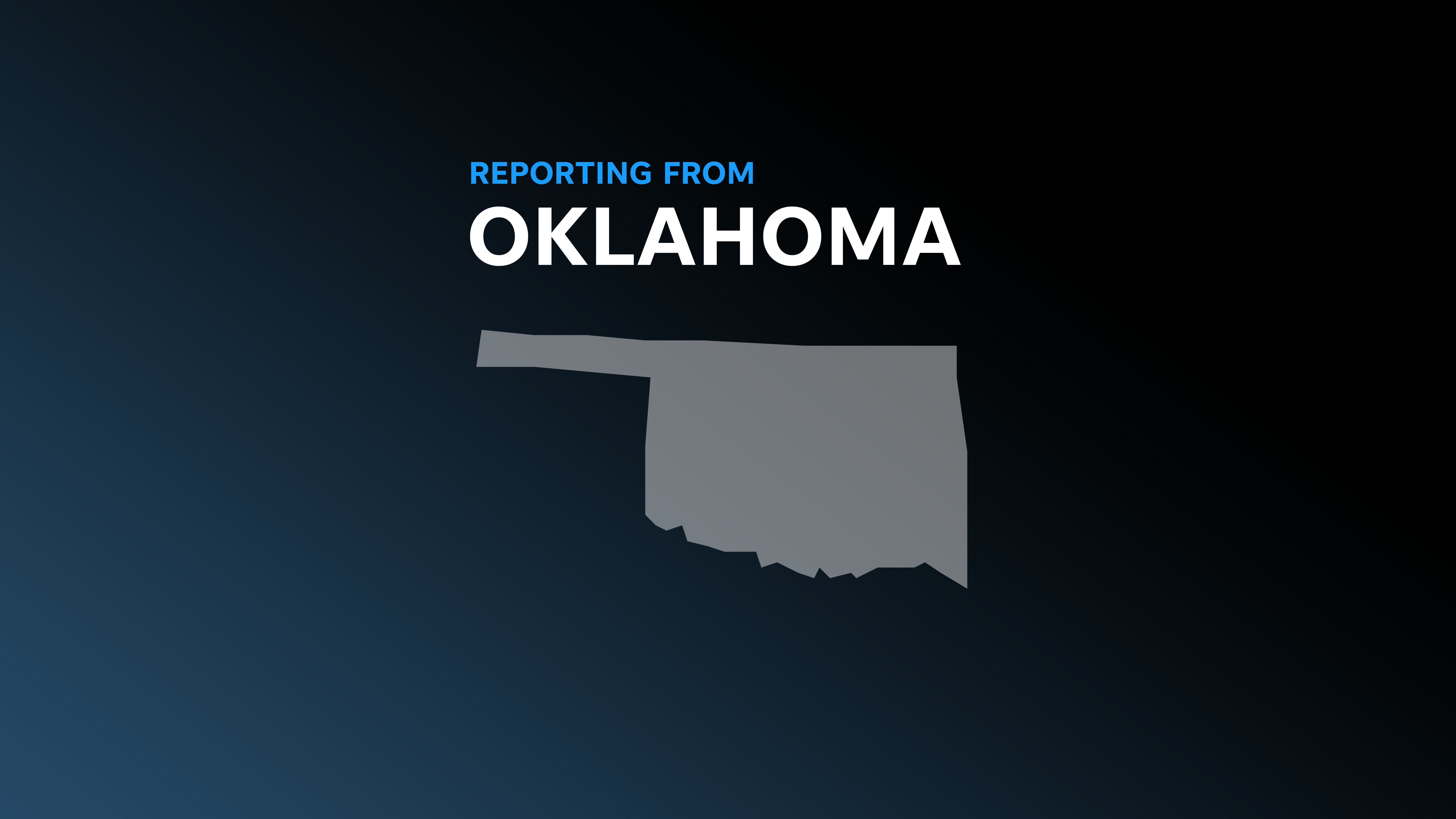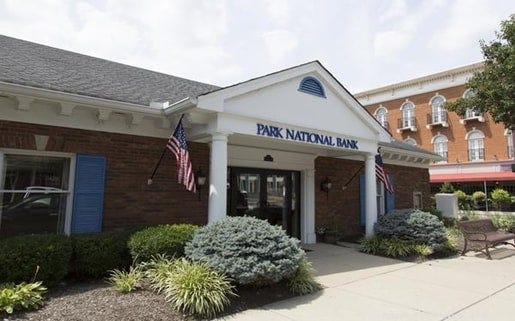
Chicago teachers and students were set to come back to the classroom this week after city leaders reached an agreement with the Chicago Teachers Union on COVID-19 safety protocols amid a nationwide surge of cases fueled by the omicron variant of the coronavirus.
Teachers were expected to return to work Tuesday, and students were expected to return Wednesday for the first time in week, city leaders said. The Chicago Teachers Union voted late Monday to suspend its labor action after the city and union reached a tentative agreement, but the union’s 25,000 members must still vote on the agreement.
Chicago Mayor Lori Lightfoot said the city and union compromised on a metric that would automatically shift a school to remote learning if a certain number of students and staff test positive. She said she hoped teachers would ratify the agreement.
"We’re hopefully putting this behind us and moving forward," Lightfoot said in a press conference late Monday.
In a separate press conference, CTU President Jesse Sharkey said teachers were "happy" the standoff is over but "not happy that we had to go through it in the first place." Vice President Stacy Davis Gates added: "Our members just sacrificed pay to get face coverings. Why would anyone be happy?"
Classes came to a halt last week after 73% of the union’s members voted in favor of temporarily shifting to remote learning, and the district reacted by canceling classes entirely. The city and the union both filed complaints to a state labor board, and a group of school families filed a lawsuit in Cook County.
The highly contagious omicron variant has confounded efforts to normalize public and private education, with schools nationwide struggling to deal with viral outbreaks and teacher absences. In Greenville County, South Carolina, the state's largest district reported Monday that a seventh of the teachers had called in sick, jeopardizing in-person classes at some schools.
Education experts have increasingly cautioned the time for districtwide shutdowns has passed and that kids need to be in school. But large systems in Newark, Milwaukee and Detroit also shifted to remote-only instruction through this week amid rising COVID-19 infections and shrinking staffs. Read more here.
— Grace Hauck and Erin Richards, USA TODAY
Also in the news:
►Dr. Anthony Fauci, Dr. Rochelle Walensky and others will be testifying Tuesday morning to a U.S. Senate committee about COVID-19 variants and the federal response to the variants.
►U.S. Rep. Alexandria Ocasio-Cortez, D-New York, announced in a tweet Sunday evening that she tested positive with a breakthrough case of COVID-19. She is experiencing symptoms and recovering at home. The tweet said she received her booster shot in the fall.
►Pope Francis encouraged people to get vaccinated Monday, saying individuals have a responsibility to care for their own health, which "translates into respect for the health of those around us." Francis called health care a "moral obligation" and lamented that people are influenced by ideologies "bolstered by baseless information or poorly documented facts."
►"Today" show co-anchor Savannah Guthrie announced she tested positive for COVID-19 less than a week after her fellow anchor Hoda Kotb tested positive. Guthrie, who has received her booster shot, said her symptoms are mild.
📈 Today's numbers: The U.S. has recorded more than 60 million confirmed COVID-19 cases and more than 837,000 deaths, according to Johns Hopkins University data. Global totals: More than 307 million cases and 5.49 million deaths. More than 207 million Americans — 62.5% — are fully vaccinated, according to the Centers for Disease Control and Prevention.
📘What we're reading: Confused by all the COVID-19 home tests? This new report from an independent patient safety group ranks the most widely used quick and cheap at-home tests based on how easy they are to use to help consumers choose a convenient, reliable option.
Keep refreshing this page for the latest news. Want more? Sign up for USA TODAY's free Coronavirus Watch newsletter to receive updates directly to your inbox and join our Facebook group.
Quarter of hospitals report 'critical staffing shortages'
Almost a quarter of U.S. hospitals are reporting "critical staffing shortages" as counties across the country set COVID-19 case records.
About 24% of nearly 5,000 hospitals are experiencing the shortages — the most since the start of the pandemic — and another 100 anticipate shortages this week, according to the newest data released by U.S. Department of Health and Human Services.
Meanwhile, medical centers nationwide could set a single-day record for in-patient care of coronavirus patients as soon as Tuesday. According to the Washington Post, U.S. hospitalizations totaled 141,385 on Monday, barely under a record set on Jan. 14, 2021.
The staffing shortages at medical centers come as more than a third of U.S. counties have set COVID-19 case records just 10 days into the new year, a USA TODAY analysis of Johns Hopkins University data shows. About 1,350 counties are reporting their highest weekly case counts of the pandemic. The analysis suggests every county in Connecticut, Delaware, Maryland and New Jersey broke a record.
In Los Angeles County, infections among hospital workers and other health care employees have risen as cases skyrocket, exacerbating staff shortages at medical centers.
"We have a very sophisticated health care system, but it is made up of people," said Dr. Kimberly Shriner, medical director of infection prevention and control at Huntington Hospital in Pasadena, just outside Los Angeles. "And right now, people are getting COVID."
Omicron variant spurs record-setting increase in U.S. COVID cases
The United States set a new single-day record for COVID-19 cases Monday with more than 1.38 million new infections reported as of 7 p.m. Eastern time, a USA TODAY analysis of Johns Hopkins University data shows.
A record day of new cases has already made January 2022 have more reported cases than any other month of the pandemic. January's total has reached at least 6.71 million, besting December 2020's record of about 6.48 million.
December 2020's cases paved the way for January 2021's death toll of 96,652 people. America is now in the thralls of a wave driven by the highly contagious omicron variant, which on a per-person basis is typically far milder. Experts do not expect any wave of deaths anywhere near the same scale.
The daily tally eclipses a revised count of 1.17 million for the previous record, set just a week ago on Jan. 3. Coronavirus case data tends to surge on Mondays because of holdover results from weekends, when reporting is less comprehensive.
Still, the overall numbers suggest an emphatic COVID-19 surge: The six highest single-day reports on record have occurred in the last eight days, since Jan. 3. And Monday's total was four times the number reported on Sunday.
-- Mike Stucka
Virginia declares 'limited state of emergency' to bolster hospitals
Virginia Gov. Ralph Northam on Monday issued a "limited state of emergency order" to bolster hospitals reeling from surging caseloads caused by COVID-19.
The 30-day emergency order authorizes medical centers and nursing homes to expand bed counts, staffing and care without meeting certain regulatory requirements.
Virginia reported 3,500 hospitalizations Monday, with the number of patients on ventilators more than doubling since Dec. 21. An overwhelming number of the severely ill COVID patients are unvaccinated, according to the governor's order.
Home COVID tests to be covered by insurers starting Saturday
Starting Saturday, private health insurers will be required to cover up to eight home COVID-19 tests per month for people on their plans. The Biden administration announced the change Monday as it looks to lower costs and make testing for the virus more convenient amid rising frustrations.
Under the new policy, Americans will be able to either purchase home testing kits for free under their insurance or submit receipts for the tests for reimbursement, up to the monthly per-person limit.
A family of four, for instance, could be reimbursed for up to 32 tests per month. PCR tests and rapid tests ordered or administered by a health provider will continue to be fully covered by insurance with no limit.
President Joe Biden faced criticism over the holiday season for a shortage of at-home rapid tests as Americans traveled to see family amid the surge in cases from the more transmissible omicron variant. Now the administration is working to make COVID-19 home tests more accessible, both by increasing supply and bringing down costs.
Later this month, the federal government will launch a website to begin making 500 million at-home COVID-19 tests available via mail. The administration also is scaling up emergency rapid-testing sites in areas experiencing the greatest surges in cases.
Immunocompromised can get fourth vaccine shot starting this week, CDC says
The possibility of administering a fourth COVID-19 vaccine shot to the general population has already been discussed as the scientific community tries to combat the highly transmissible omicron variant.
For some of those who are immunocompromised, that extra dose becomes available this week.
The CDC has updated its guidance for people with moderately to severely weakened immune systems, recommending an additional dose for those who received the two-shot regimen Pfizer-BioNTech or Moderna — but not the Johnson & Johnson inoculation — 28 days after the second shot.
The extra dose is not considered a booster, which is also recommended five months after the additional primary shot. The previous recommendation called for a six-month wait.
Among the people who qualify for the third jab before the booster are those getting treated for blood cancers, organ or stem cell transplant recipients taking immune-suppression medicine, those with HIV infection and others with conditions affecting their immune system. There are also age limitations based on the particular brand of vaccine.
The extra primary shot is meant to stimulate a stronger immune response in people whose systems are weakened — the CDC estimates they number 7 million in the U.S. — and are therefore more vulnerable to severe effects from the virus.
Immune response from common cold may protect against COVID-19, small study suggests
People who have high levels of T cells after a common cold may be less likely to contract COVID-19, according to a small study from researchers from Imperial College London that was published Monday.
"While this is an important discovery, it is only one form of protection, and I would stress that no one should rely on this alone,” study author Dr. Rhia Kundu said in a statement. “Instead, the best way to protect yourself against COVID-19 is to be fully vaccinated, including getting your booster dose.”
The study, published in Nature Communications, tracked 52 unvaccinated people living with someone who tested positive for COVID-19 beginning in September 2020. Half of those people did not become infected and had significantly higher levels of cross-reactive T cells in their blood than those who did, the study found.
The protective T cells, which target internal proteins of the coronavirus rather than the spike proteins targeted by mRNA vaccines, were likely formed after a previous infection with another coronavirus that caused a cold, according to the study.
Researchers acknowledged the limitations of the study, which was small and mostly limited to white participants. But they said the findings may inform future vaccine development.
Australian judge says Novak Djokovic can stay but drama not over
An Australian judge has reinstated tennis star Novak Djokovic’s visa, which was canceled last week because he is not vaccinated against COVID-19.
Circuit Court Judge Anthony Kelly also ordered the government on Monday to release Djokovic, who seeks to play in this month's Australian Open, from Melbourne hotel quarantine within 30 minutes of his decision.
But lawyers for the Australian government are threatening to cancel his visa again and deport him, which would cause the nine-time Australian Open winner to miss the tournament, which begins next week.17. He would also be barred from the country for three years.
Contributing: James Ward, Visalia Times-Delta and The Associated Press


